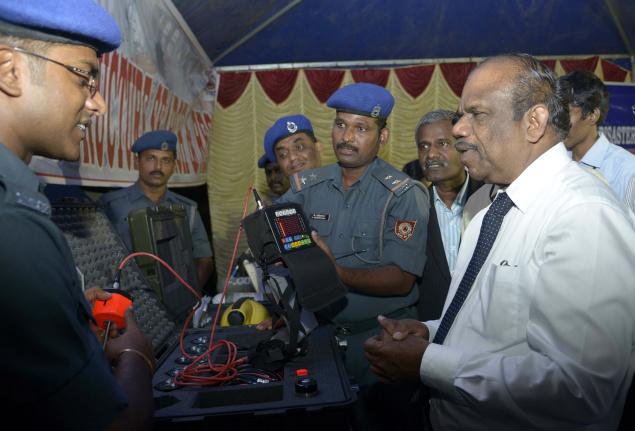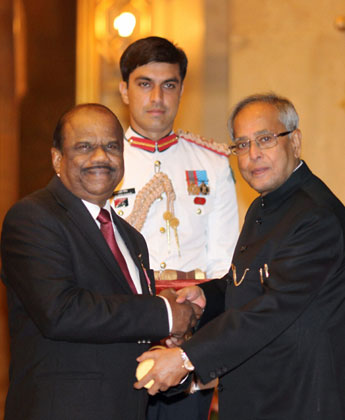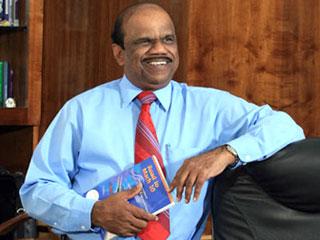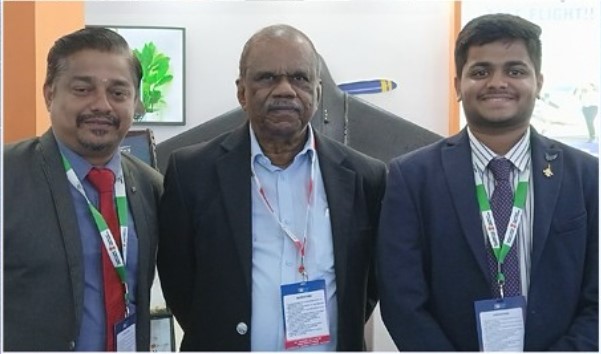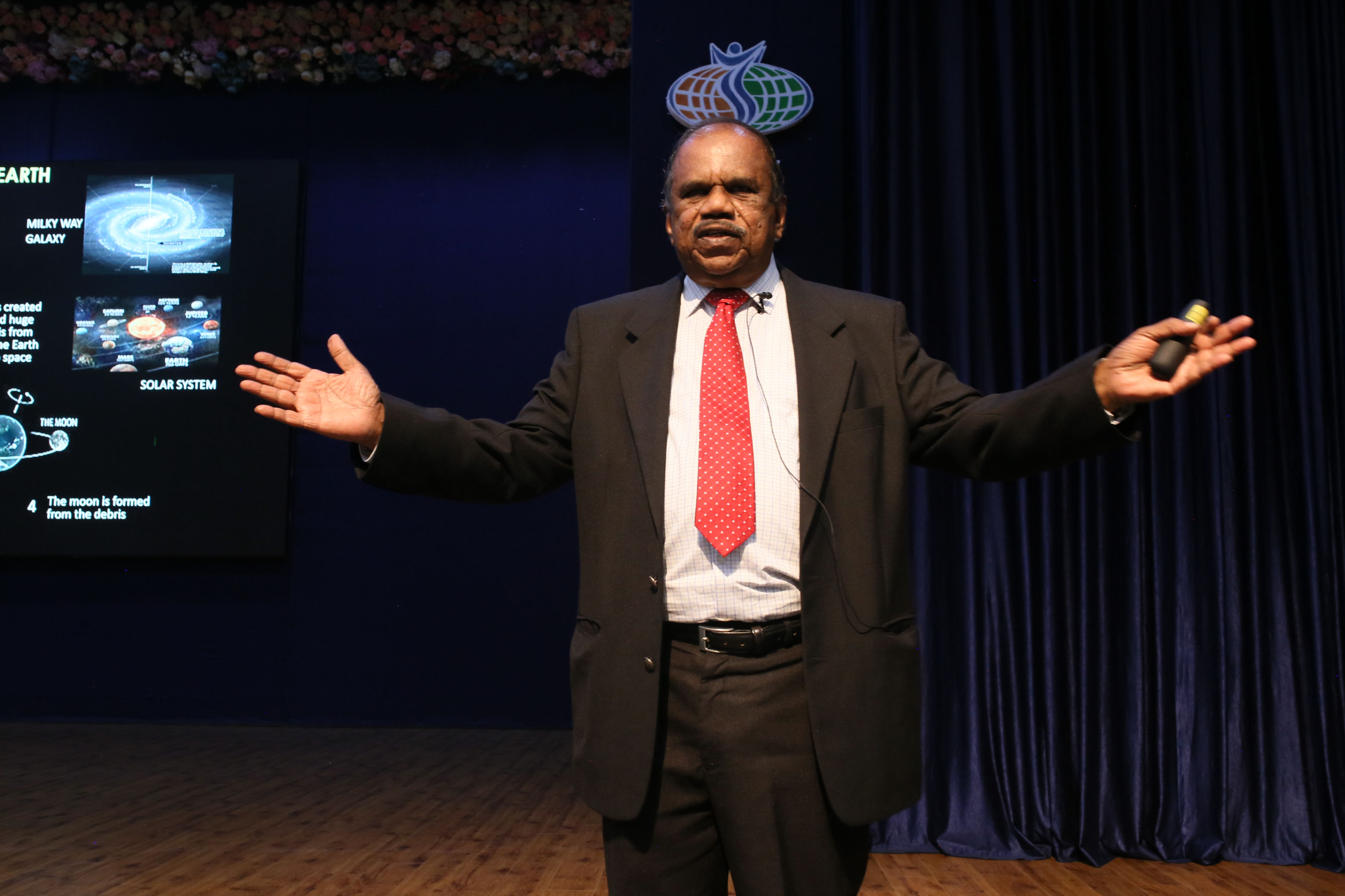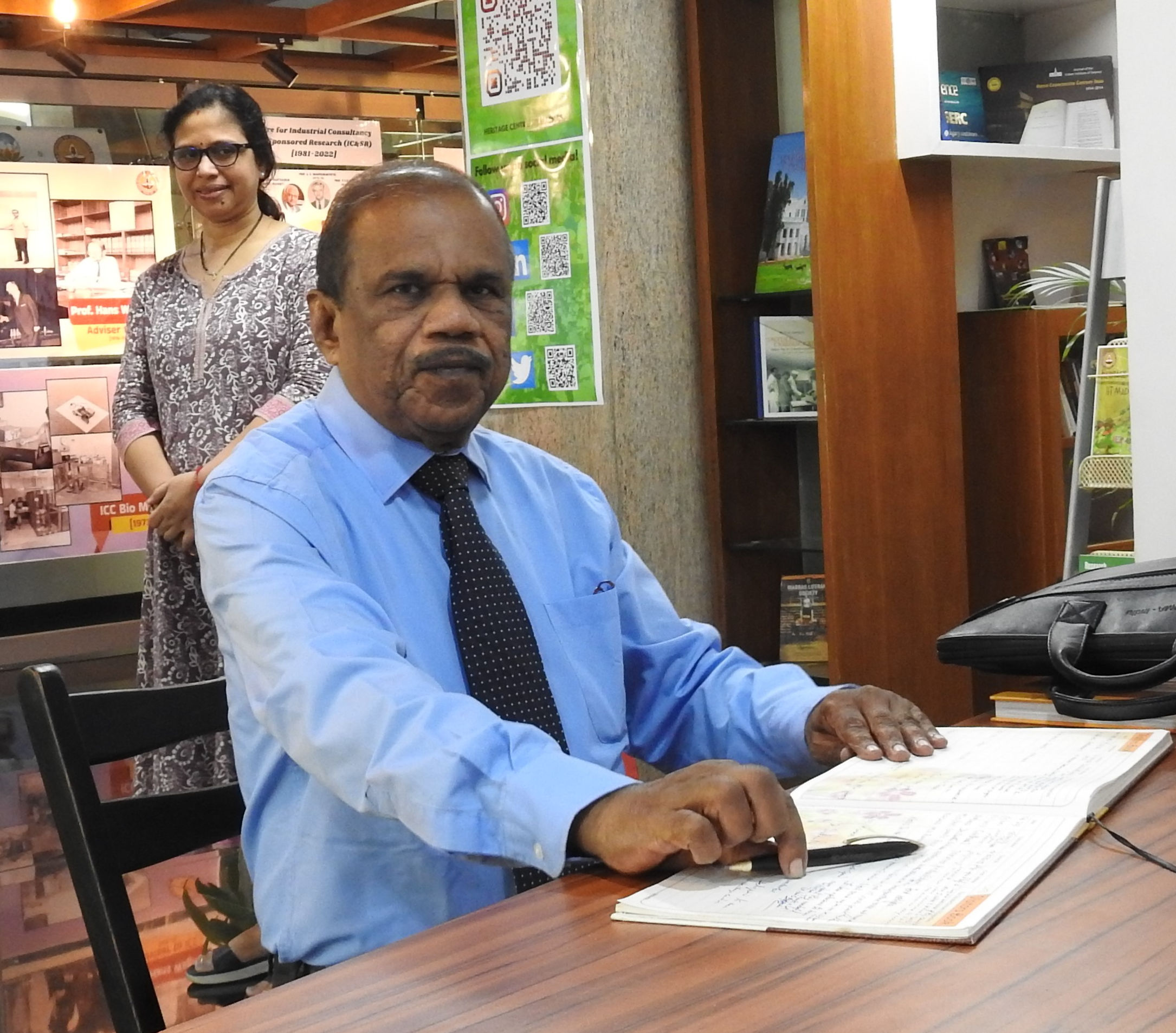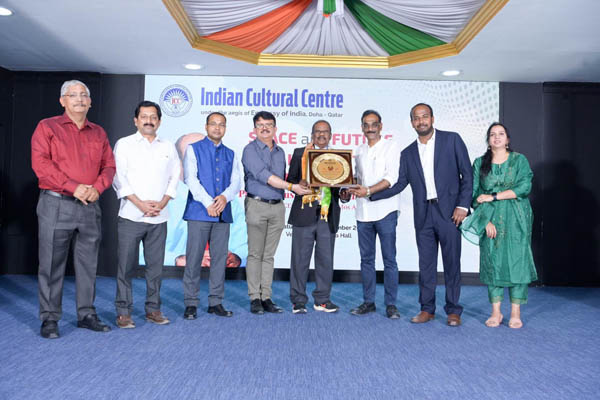
Book's Features:
| Title | : | Thoughts for Change: We can do it |
| Author | : | APJ Abdul Kalam, Dr. A S Pillai |
| Publisher | : | Pentagon Press |
| EAN | : | 9788182747074 |
| Binding | : | Paperback / Hardcover |
| Number Of Pages | : | 316 |
| Language | : | English |
Short Description:
The future of India is going to be completely dominated by technology. I our daily life, we find ourselves so dependent on technology and this dependence is likely to increase manifold in the times to come. Technology is not only the synonym of advancement but also a way to live life, which should be endowed with social security, economic security and health security. The key to these securities lies in technology. In the modern world, the expectancy of life has increased, which was a distant dream in the past. Many new inventions and the apt use of technology saw through many health care measures which are cost effective, so that a common man can afford it. Moreover, the quality of healthcare has improved drastically due to technology interventions. The military might of a nation is directly proportional to its technological excellence which ensures national, economic and social security. But the relationship of various securities and technology is not all that simple. It requires high quality research input. Development of high technology and later its translation into high quality and reliable systems takes years of hard work by a group of experts. Development and exchange are constant processes and one should keep striving for betterment. The inquisitiveness developed through research activity, propels one to strive further. The inquisitiveness is the fuel for research. High quality research leads to development of high quality and reliable systems, which make a country developed and advanced.
The growth of science and technology has been phenomenal in the recent past, improving the quality of life of the human being. The emergence of new technologies has opened up myriad of applications and now it is left to the ingenuity and imagination of the human mind to explore and exploit them further. With the established base of multiple technologies all over the world, scientific minds have to come together for new innovations and increased efficiency for energy independence, access to drinking water, curing of dreaded diseases, clean and green environment, safe living, so that there is happiness everywhere and billions of people can smile. Core competencies of the nations can be integrated to form World Knowledge Platforms with technology driven mission mode programmes for achieving the above need.
Taking into account India’s specific requirements of value based education and skill development of the large youth power and in order to focus the energy in the direction of development for achieving global leadership for India, ten unique technologies have been discussed. These technologies are multi-disciplinary, amalgamating various disciplines of science and engineering leading to new products and capabilities. This provides an opportunity to the youth to elevate to a higher level of knowledge and to think and to think differently from the yesteryear generation leading to innovation of high performance products. This will result in competitiveness of the Nation in the globalised world.
India is blessed with the largest youth power in the world. Skill and value system will make India a globally demanded source for human resource. Ignited mind of the youth is the most powerful resource on the earth, above the earth and under the earth. Their knowledge, courage and devotion will certainly make India a great nation, once again!
Contents:
Preface
Acknowledgements
Part I: Technology and its Development in the Control Era
1. Multifacets of Technology
2. Challenges in Building Technological competence
3. High Technology Development-The Indian Scenario
Part-II : Building High Technologies
4. Technology Forecasting
5. Strategy for Development
6. Methods of technology realization
7. Technology collaboration-BrahMos as a Case Study
8. Combating Failures
Part-III : Shaping Future Leaders
9. Visionary Leaders
10. Evolution of Future Societies
11. Future Technologies and its impact on Organisation
12. New Generation Leadership Epilogue




